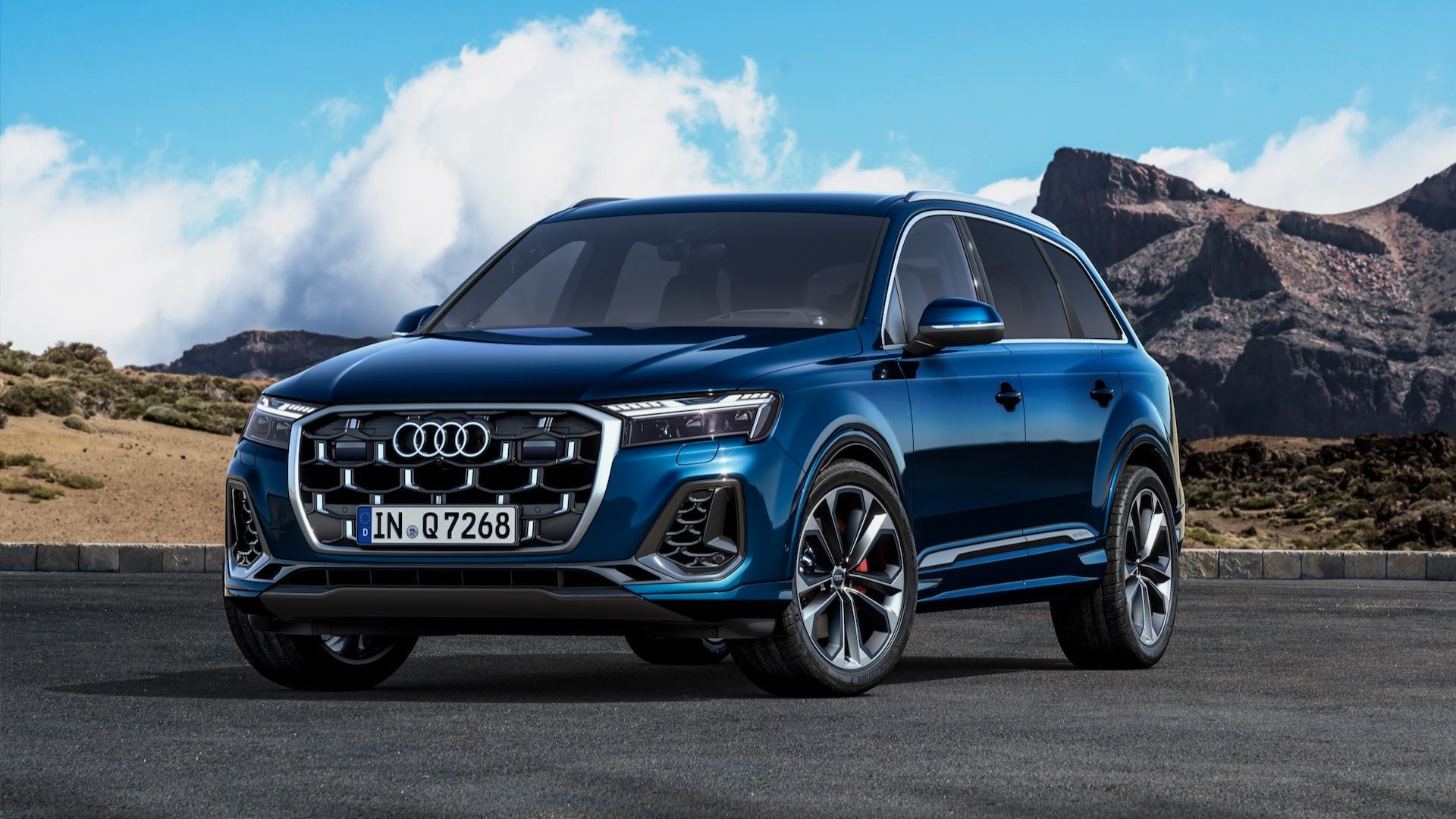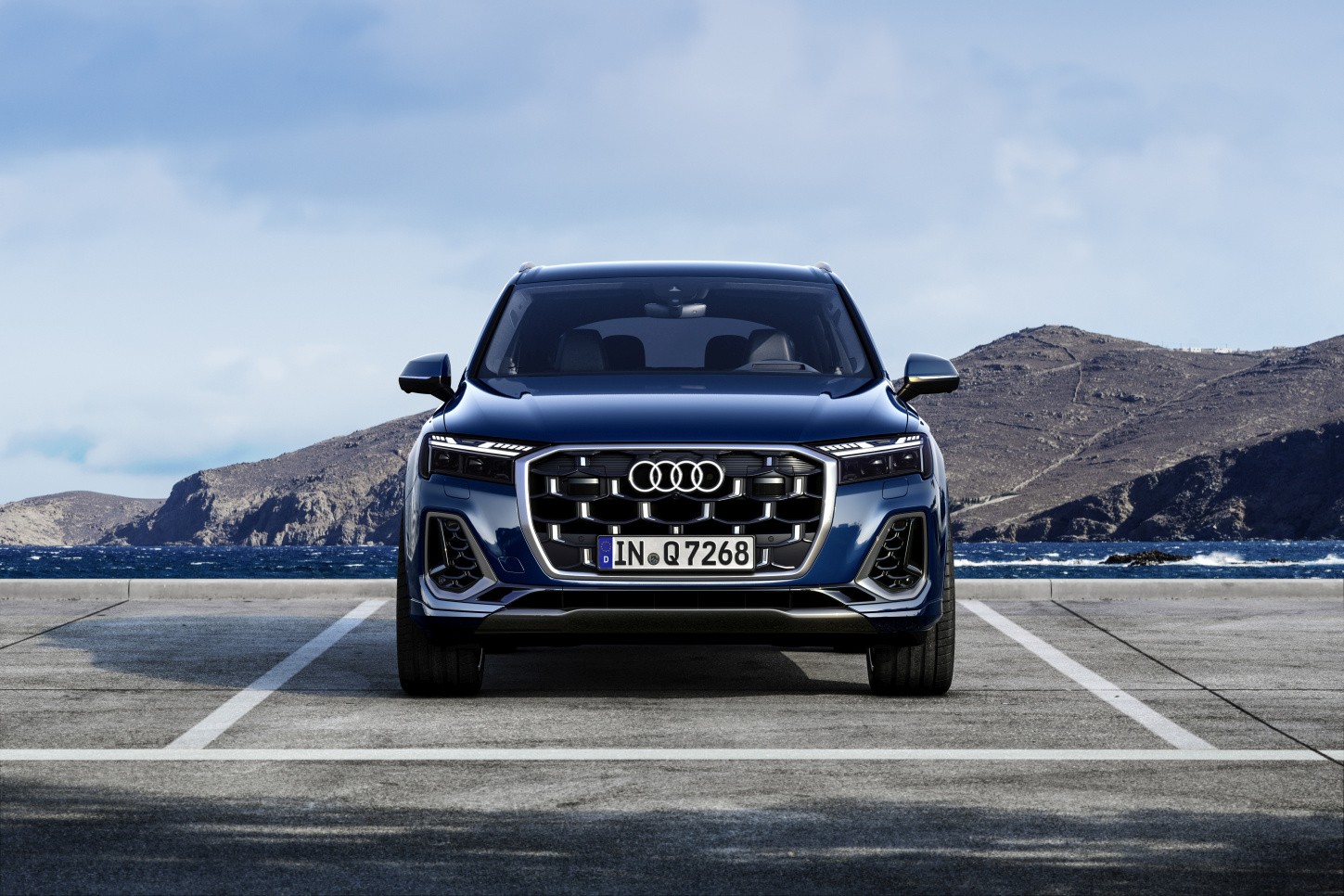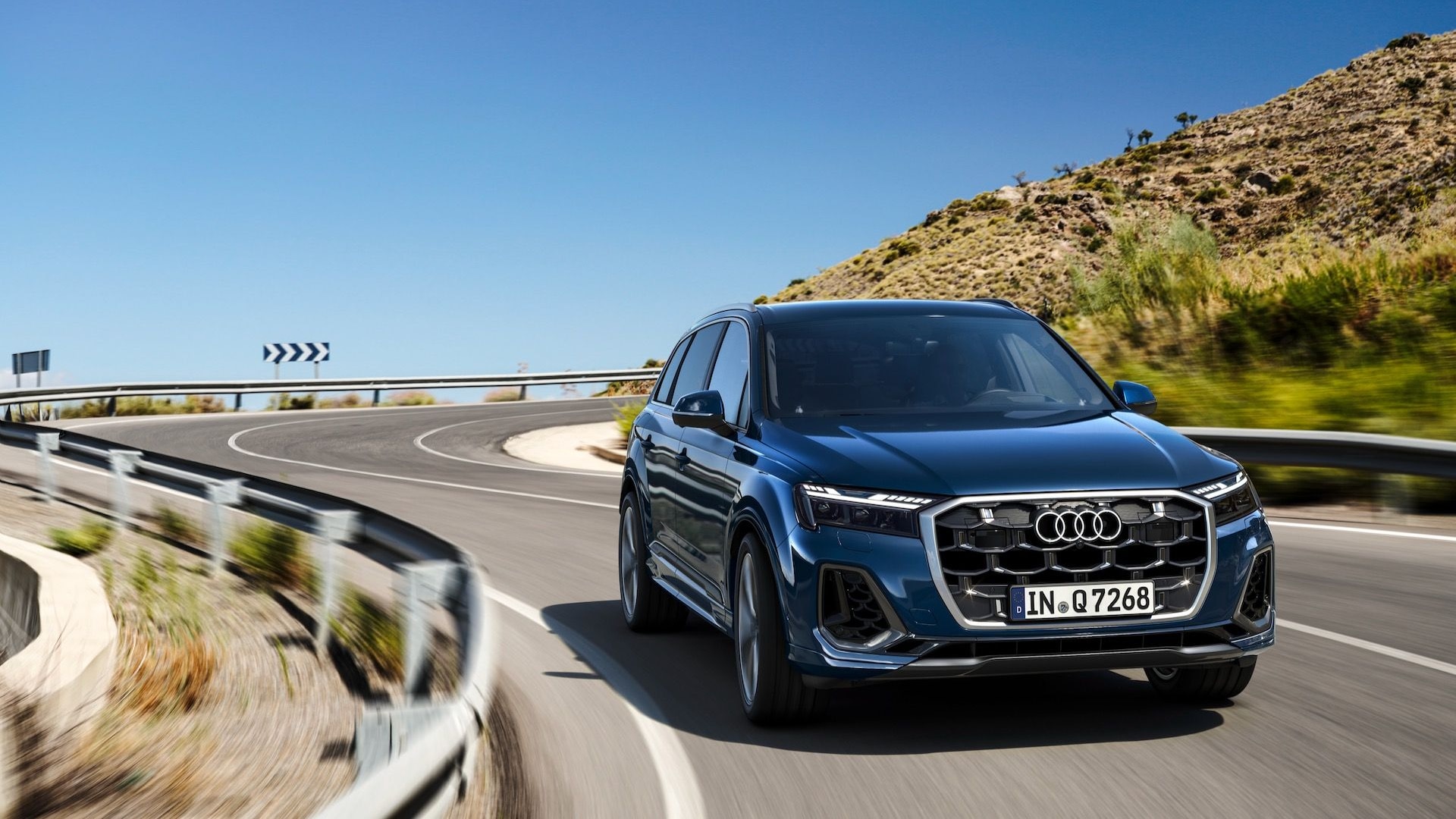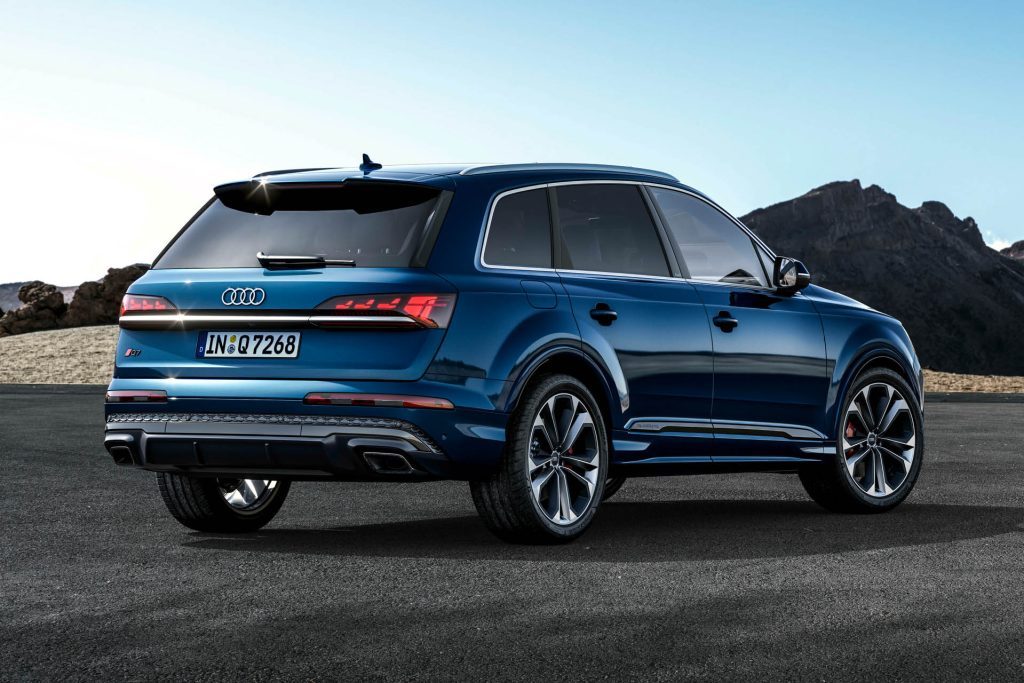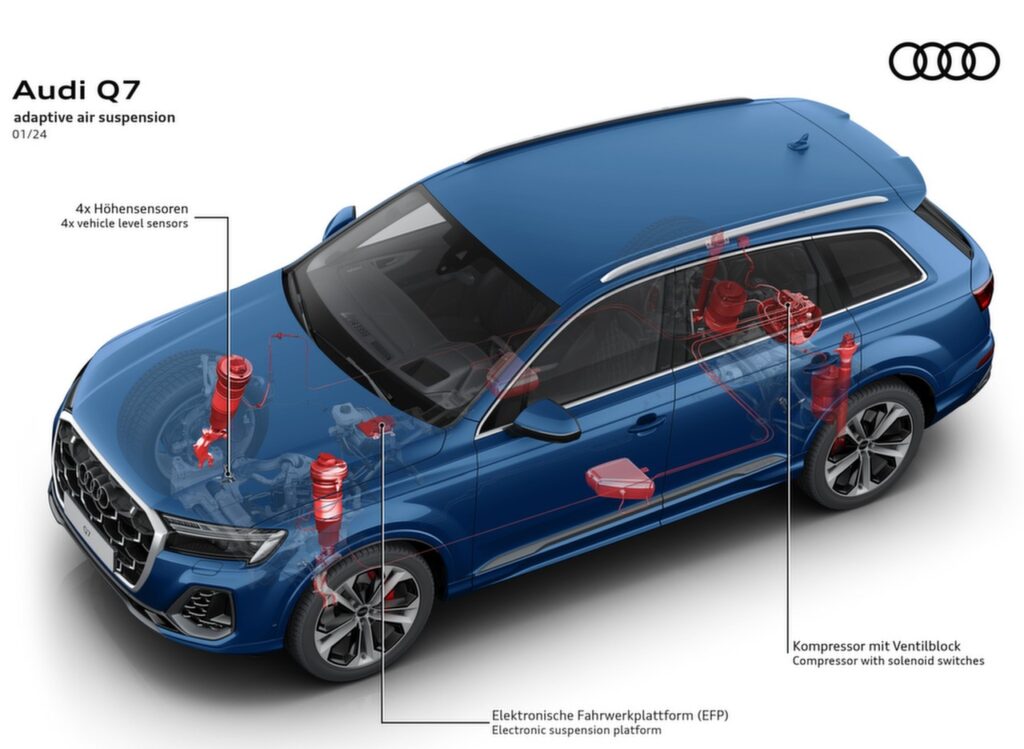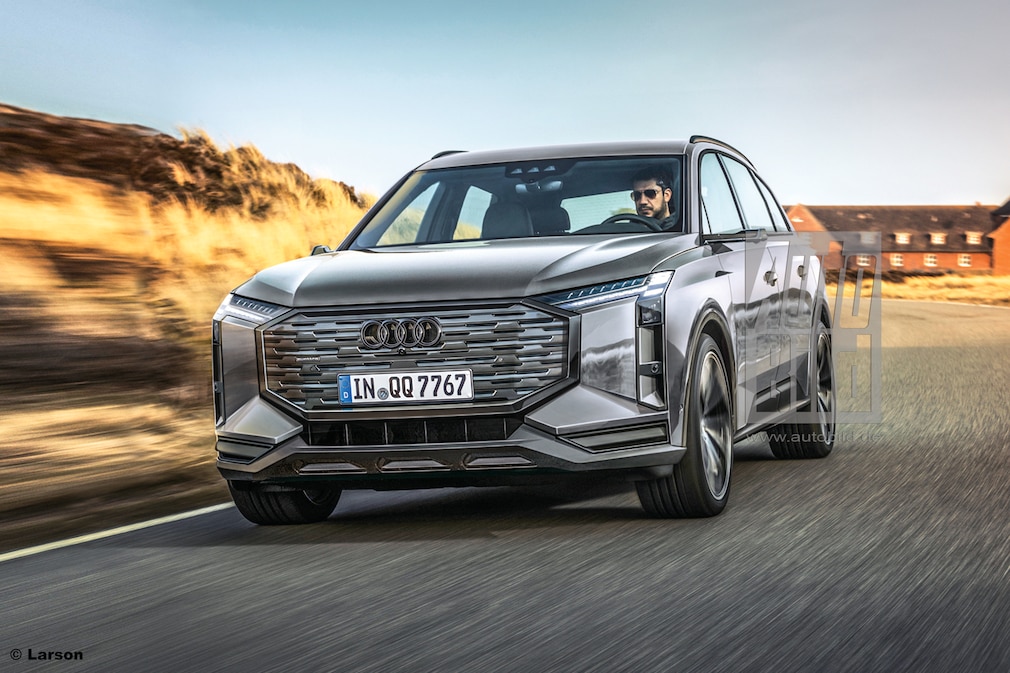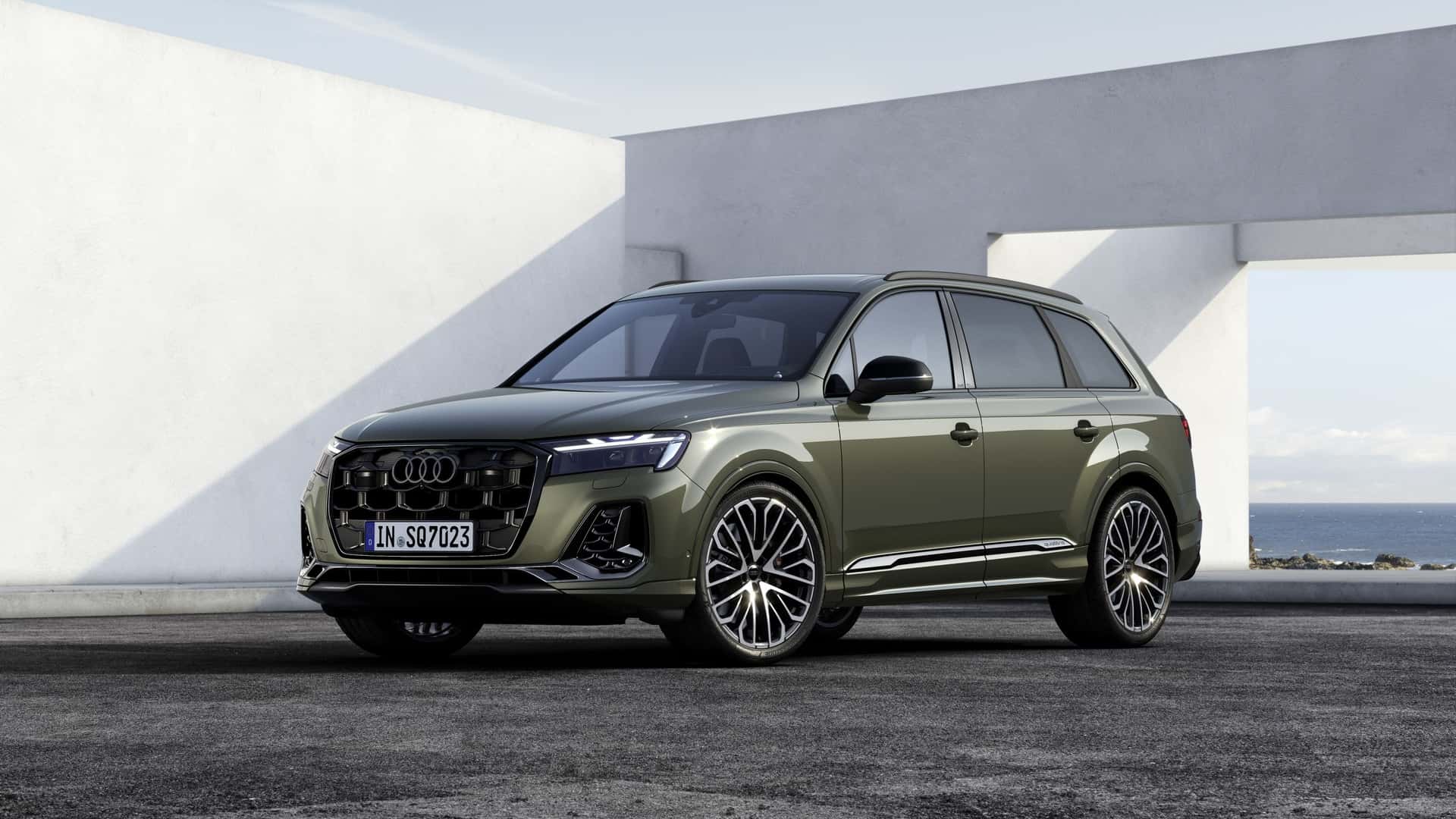The 2025 Audi Q7: A Closer Look At Weight And Performance
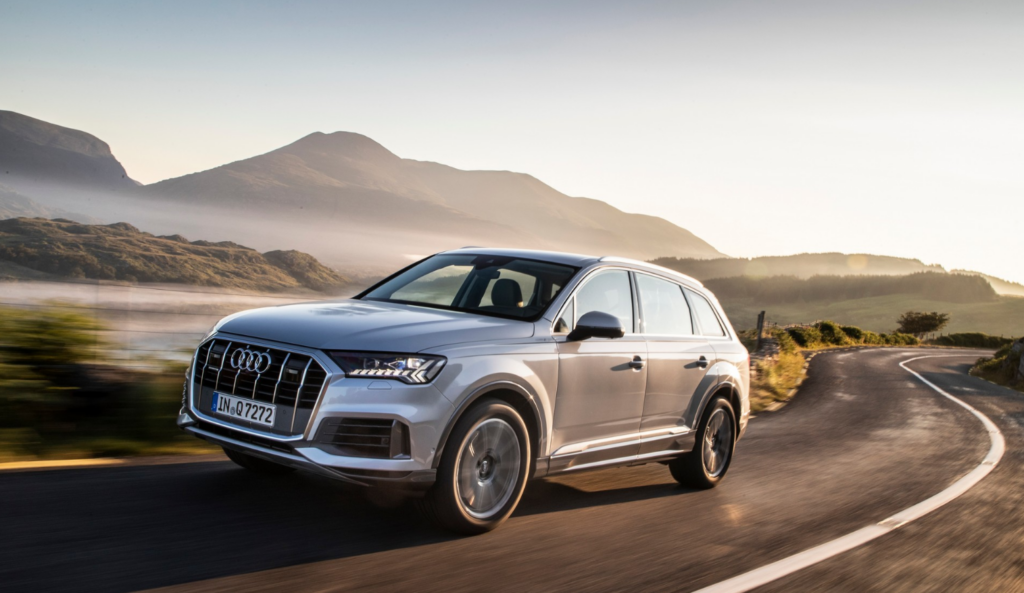
The 2025 Audi Q7: A Closer Look at Weight and Performance
The Audi Q7, a perennial favorite in the luxury SUV segment, is set to receive a major refresh for the 2025 model year. While official details remain under wraps, speculation and leaks have fueled anticipation for what promises to be a significant evolution in the Q7’s design, technology, and performance.
One of the most intriguing aspects of the 2025 Q7 is its anticipated weight. With the automotive industry increasingly focused on efficiency and sustainability, the weight of vehicles has become a key factor in determining performance, fuel economy, and overall environmental impact. So, what can we expect from the 2025 Audi Q7 in terms of its weight?
A Balancing Act: Performance, Efficiency, and Weight
The 2025 Audi Q7 is expected to benefit from the brand’s ongoing commitment to lightweight construction. This involves employing advanced materials like aluminum, high-strength steel, and even carbon fiber in strategic areas to reduce overall weight without compromising structural integrity.
While the exact weight figures are yet to be confirmed, the 2025 Q7 is likely to shed some pounds compared to its predecessor. This weight reduction could be achieved through various means:
- Optimized Platform: Audi’s MLB Evo platform, already known for its lightweight design, will likely be further refined for the 2025 Q7, potentially incorporating even lighter materials and structural enhancements.
- Streamlined Design: The 2025 Q7 is expected to feature a more aerodynamically efficient design, with sharper lines, a lower roofline, and potentially active aero elements. This would not only improve fuel economy but also contribute to a slight weight reduction.
- Engine and Drivetrain Efficiency: Audi is likely to offer a range of powertrain options for the 2025 Q7, including both gasoline and diesel engines, as well as plug-in hybrid and fully electric variants. These powertrains are expected to be more efficient than their predecessors, potentially leading to further weight reduction.
- Lightweight Components: The 2025 Q7 could feature lightweight components throughout, from the wheels and brakes to the interior trim and seats. This can significantly contribute to overall weight savings without sacrificing performance or comfort.
The Importance of Weight in Performance and Fuel Economy
The weight of a vehicle has a direct impact on its performance and fuel economy. A lighter car requires less energy to accelerate and brake, resulting in:
- Improved Acceleration: A lighter Q7 will likely have a faster 0-60 mph time and better overall acceleration, making it more responsive and fun to drive.
- Enhanced Handling: Reduced weight can lead to improved handling and agility, allowing the Q7 to corner more confidently and react quicker to driver input.
- Increased Fuel Efficiency: A lighter vehicle requires less energy to move, resulting in better fuel economy and reduced CO2 emissions.
The Potential Impact of Weight Reduction
The weight reduction efforts for the 2025 Audi Q7 are likely to have a significant impact on its overall performance and efficiency:
- Enhanced Driving Experience: The lighter weight could translate to a more agile and responsive driving experience, making the Q7 even more enjoyable to drive.
- Improved Fuel Economy: A lighter Q7 could achieve better fuel economy figures, potentially exceeding the already impressive numbers of its predecessor.
- Reduced Emissions: A lighter vehicle requires less energy to move, leading to lower CO2 emissions and a reduced environmental footprint.
Beyond the Numbers: The Importance of Weight Distribution
While overall weight reduction is crucial, the distribution of that weight is equally important. A well-balanced vehicle with a low center of gravity will handle better, offer greater stability, and provide a more comfortable ride. The 2025 Audi Q7 is expected to benefit from advanced engineering that optimizes weight distribution, contributing to its overall performance and driving dynamics.
The Future of Luxury SUVs: A Focus on Efficiency
The automotive industry is undergoing a significant transformation, with a growing emphasis on efficiency and sustainability. The 2025 Audi Q7 is likely to reflect this trend, offering a compelling blend of luxury, performance, and environmental responsibility. By focusing on weight reduction and advanced powertrain technologies, Audi aims to deliver a Q7 that is not only powerful and stylish but also fuel-efficient and environmentally friendly.
Conclusion: The 2025 Audi Q7 – A New Chapter in Luxury SUV Evolution
The 2025 Audi Q7 is poised to be a game-changer in the luxury SUV segment. With its expected weight reduction, advanced powertrain options, and cutting-edge technology, the Q7 promises to deliver a compelling combination of performance, efficiency, and luxury. As the automotive industry continues to evolve, the 2025 Q7 serves as a testament to Audi’s commitment to innovation and sustainability, setting a new benchmark for luxury SUVs in the years to come.
Note: This article is based on speculation and leaks, and the actual weight and performance figures of the 2025 Audi Q7 may differ. Official details and specifications are expected to be released closer to the launch date.
